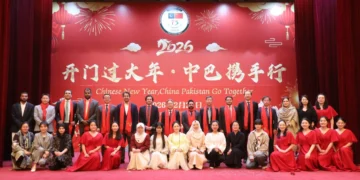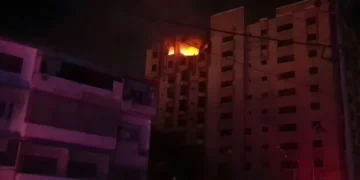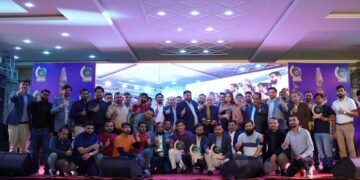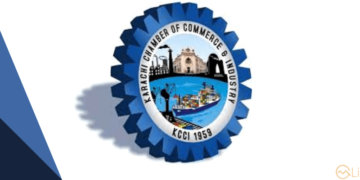KARACHI – To promote and instill the message of cleanliness and hygiene among people and particularly the youth of the country, Dettol HogaSaaf Pakistan has launched a clean than a challenge for universities across Pakistan. The Institute of Business Administration (IBA) Karachi is the first institute to take up this challenge where students cleaned up a neighborhood at Karachi’s Shah Faisal Colony.
The aim of this clean than the challenge is to take responsibility for the waste that we produce lining our streets across the country. According to the Environmental Protection Agency (EPA), Pakistan generates around 20 million tons of solid waste annually growing by 2.4 percent. These dumps of garbage accompanied by our unhygienic behaviors are the leading cause of diseases such as diarrhea that takes the lives of 39000 children in the country.
Talking about this initiative, Kashan Hasan, CEO Reckitt Benckiser Pakistan Limited (RBPL), makers of Dettol, said, “Dettol has been the pioneer in driving cleanliness and hygiene under its flagship program, HogaSaaf Pakistan. We firmly believe in the power of our youth and their significant role in the country’s transformation and progress. This Cleanathon Challenge is to drive the change that will impact our actions and behaviors for a cleaner and healthier future of Pakistan. We hope that Pakistanis be inspired by these young generations’ efforts today in improving their surroundings.”
More than 60kgs of litter was collected by the students. IBA has now challenged other institutes to follow suit and take up the HogaSaaf Pakistan clean than a challenge.
About HogaSaaf Pakistan
Dettol HogaSaaf Pakistan is Reckitt Benckiser’s social impact vision of a cleaner and hygienic Pakistan. The initiative was launched in 2017 but got momentum in 2019 after its partnership with Prime Minister’s Clean Green Pakistan movement and ARY Digital Network. Under the program, Dettol has conducted several iconic cleanup drives across the country, promoted hygiene through its targeted programs, which includes reaching out to 2 million school-going children annually and educating them on personal hygiene.



















